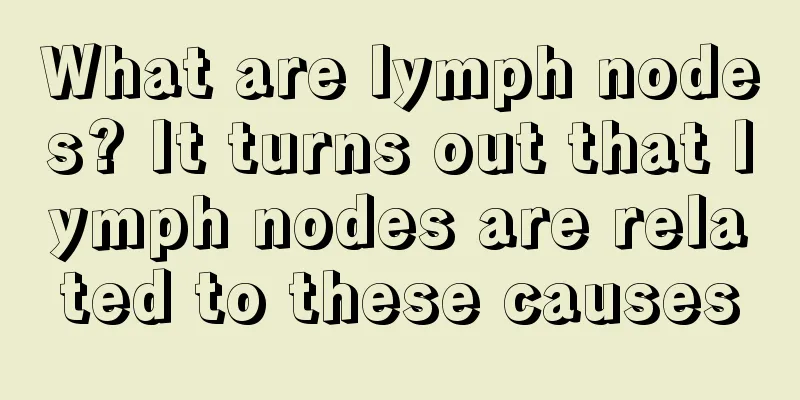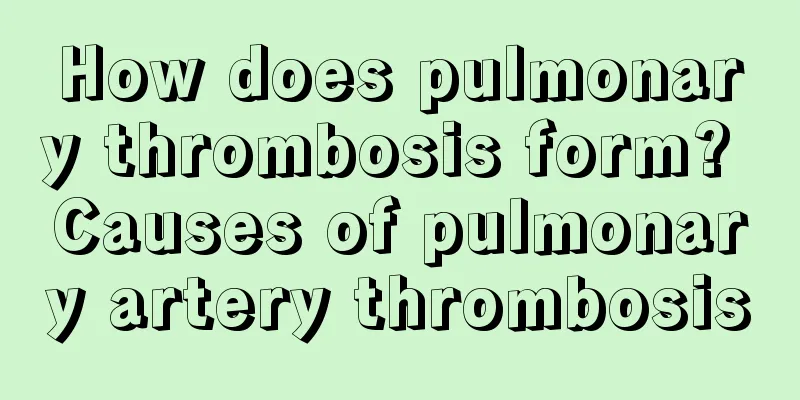What are the symptoms of advanced kidney cancer

|
What are the symptoms of advanced kidney cancer? Renal cancer is common in men aged 40 to 70. The typical symptoms are pain, hematuria and a lump in the waist, but these symptoms may not occur until the tumor compresses the surrounding tissues, such as hematuria compressing the urinary system. 1. Hematuria: Intermittent hematuria, which shortens intermittently as the disease worsens. Hematuria may be painless or accompanied by renal colic, and blood clots in the urine are in the form of strips. 2. Lump: Nearly one-third of kidney cancer patients are found to have enlarged kidneys when they seek medical attention. Because the kidneys are relatively hidden, when a lump is felt in the abdomen, it means that the kidney cancer has reached a considerable size. 3. Low back pain: As the mass increases, the renal capsule or renal pelvis swells, and the tumor invades the surrounding organs, it compresses the posterior abdominal connective tissue, muscles, lumbar vertebrae and lumbar nerves, causing persistent dull pain in the lower back. 4. Varicocele: It mainly occurs in the infiltration of left renal solid tumors, compressing the left spermatic vein, and may also be the formation of spermatic vein cancer thrombosis. When varicose veins lie flat, varicose veins will not disappear. 5. Systemic poisoning symptoms: Weight loss is a common systemic symptom in patients with kidney cancer, accompanied by general discomfort, loss of appetite, depression, fatigue, etc. 6. Fever: Mostly low-grade, intermittent or continuous, some patients are diagnosed with kidney cancer due to high fever. Body temperature can return to normal after cancer surgery. In the past, it was believed that fever was caused by hemorrhage and necrosis in the tumor, but in recent years, it has been proven that there is a fever source in kidney cancer tissue. 7. Symptoms of renal cancer metastasis: There are generally three ways for renal cancer to metastasize, namely local invasive tumor, disseminated blood metastasis and lymph node metastasis. In addition to the seven common symptoms mentioned above, there are some other symptoms of late-stage kidney cancer, such as fever, loss of appetite, fatigue, weight loss, anemia, cough, hemoptysis and other lung symptoms. 30% of kidney cancer patients suffer from a variety of mixed symptoms such as hypertension, hypoglycemia, hyperglycemia, and polycythemia before seeking medical treatment, which are valuable clues for discovering kidney cancer. |
<<: Do I still need to take medicine after recovering from brain cancer
>>: How long can a patient with advanced lung cancer and bone metastasis live with paralysis
Recommend
What's missing from finger hangnails
Under normal circumstances, hangnails will not ap...
What are the dietary do's and don'ts for ovarian tumors
Ovarian tumor is a common disease among women, an...
Precautions for postoperative incision care in patients with laryngeal cancer
For patients who undergo laryngeal cancer surgery...
The main causes of breast cancer
Among the common breast diseases, breast cancer i...
Regular examination of familial gastric cancer is the perfect solution
Once it is confirmed that you have a genetic gene...
Pain below the left sternum
Pain below the left sternum may be caused by many...
What to do if breast cancer patients have joint pain after taking trometazoline tablets?
What should I do if I suffer from joint pain afte...
Does ovarian teratoma affect pregnancy? 3 factors that affect pregnancy
Ovarian teratoma is a relatively common tumor of ...
How long can you live with early brain cancer
The brain is one of the most important organs. Re...
What are the symptoms of lung cancer in children
Once a disease occurs, treatment needs to be time...
Why do people become bald
With the increasing pressure of life and work, ma...
Early detection and early treatment of laryngeal cancer
The incidence of laryngeal cancer is the result o...
Is the water pad harmful to the body?
In the hot summer, due to the extremely high temp...
What is the best way to nourish the kidneys and strengthen yang?
Male friends are more likely to suffer from kidne...
What are the techniques for peeling kiwi fruit
Kiwi fruit tastes very good and is very refreshin...









